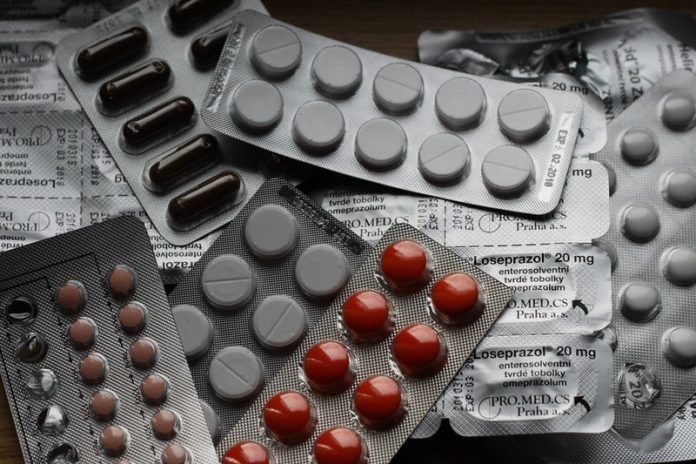
In two new studies, researchers found the monoclonal antibody eculizumab and an experimental drug called AMY-101 showed strong anti-inflammatory effects that contributed to a faster recovery by severe COVID-19 patients.
The studies were conducted by a team at the University of Pennsylvania and the Center for Cell-Based Therapy.
The two medications were administered separately.
The monoclonal antibody, routinely used to treat blood diseases, was tested on patients at the teaching hospital.
AMY-101, a candidate drug developed by US-based pharmaceutical company Amynda, was given to patients at a hospital in Milan, Italy.
Both compounds led to a robust anti-inflammatory response that culminated in a fairly rapid recovery of respiratory function in the patients.
But because AMY-101 is cheaper and performed better in the clinical trial, the two research groups envisage testing it on a larger number of patients in Brazil.
COVID-19 infection is characterized by a systemic increase in pro-inflammatory cytokines and often referred to as a “cytokine storm.”
This process can result in inflammatory damage to the walls of blood vessels surrounding vital organs, as well as disseminated microvascular injury and thrombosis, potentially culminating in multiple organ failure.
In the study, the team conducted two clinical studies to compare the biological efficacy of eculizumab with that of the synthetic peptide AMY-101 in small groups of severe COVID-19 patients.
Ten patients aged between 18 and 80 were undergoing treatment. Once a week while hospitalized, they were given 900 mg of eculizumab.
Three patients hospitalized in Milan, Italy, were given 5 mg of AMY-101 also once a week.
The team showed that eculizumab and AMY-101 led to a robust anti-inflammatory process, a sharp fall in levels of C reactive protein (CRP) and interleukin-6 (IL-6), and a marked improvement in lung function.
In light of the promising results of the two clinical trials, the researchers now plan to conduct a Phase 3 trial with more than 100 severe COVID-19 patients, who will be given only AMY-101 in an effort to assess the drug’s efficacy on a wider scale.
One author of the research is Rodrigo Calado.
The study findings are published in Clinical Immunology.
Copyright © 2020 Knowridge Science Report. All rights reserved.



